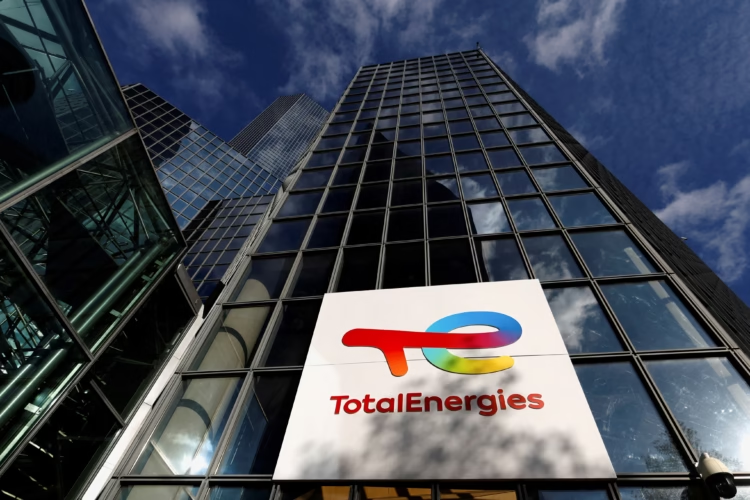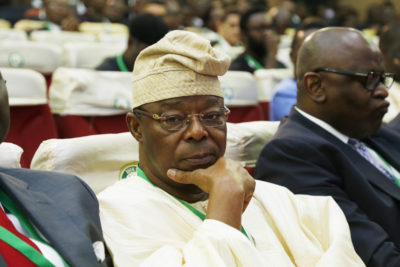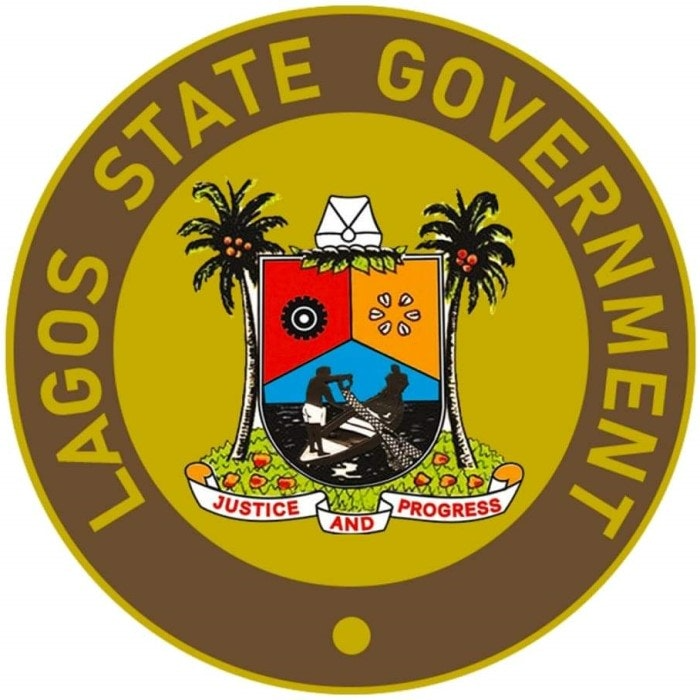TotalEnergies Nigeria suffers setback as NUPRC revokes its \$860m SPDC stake sale to Chappal Energies over missed financial obligations
The reversal disrupts TotalEnergies’ strategy to shed aging assets and reduce debt, after the company struck a deal in July 2024 to sell its 10 per cent stake to Mauritius-based Chappal Energies.
Also read: NUPRC unlocks $18.2bn field development Plans for 2025
Ministerial consent was initially granted in October 2024 on the condition that both parties meet strict financial obligations. But the NUPRC confirmed that repeated extensions failed to resolve outstanding commitments.
“The ministerial consent was accompanied by certain financial obligations to the Nigerian people with strict deadlines.
However, both parties failed to meet their financial commitments, forcing the commission to cancel the deal,” NUPRC spokesperson Eniola Akinkuoto said.
Industry sources revealed Chappal Energies was unable to raise the \$860 million required to complete the purchase.
Consequently, TotalEnergies also failed to settle regulatory fees and set aside funds for environmental rehabilitation and future liabilities.
The collapse leaves TotalEnergies saddled with its troubled SPDC stake, plagued by spills, sabotage, and theft that continue to drive up costs and environmental liabilities.
The joint venture’s other shareholders are Nigerian National Petroleum Company Limited with 55 per cent and Italy’s Eni with 5 per cent.
For TotalEnergies, the failed transaction derails efforts to divest high-cost, polluting assets and cut debt, which has soared to \$25.9 billion as of July 2025.
Chief Executive Patrick Pouyanne had told investors the Nigerian sale was one of three deals expected to raise \$3.5 billion this year.
Nigeria has seen a wave of international oil companies retreating from onshore assets. In March 2025, Shell completed the sale of its 30 per cent SPDC stake to indigenous firms for up to \$2.4 billion, while ExxonMobil, Eni, and Equinor have also offloaded Nigerian assets to refocus on offshore ventures.
Chappal Energies, which bought Equinor’s Nigerian operations in 2024 for \$1.2 billion, has faced scrutiny over its financial capacity after failing to disclose backers for the TotalEnergies deal.
The NUPRC’s move underscores Nigeria’s tougher stance on asset transfers, insisting that new operators prove financial and technical capacity to manage decommissioning, clean up oil spills, and meet host community obligations under the Petroleum Industry Act.
Despite the setback, TotalEnergies still maintains wide operations in Nigeria, including 15 oil-producing licences and three gas field licences that supply 40 per cent of feedstock to Nigeria LNG.
Also read: Nigeria crude oil output target 2026 on track, says NUPRC
Both TotalEnergies and Chappal Energies have declined to comment, but analysts say the cancellation highlights the risks and complexities of Nigeria’s onshore oil sector, where global majors are keen to exit, local firms are eager to step in, yet financing and regulatory demands remain formidable obstacles.




























